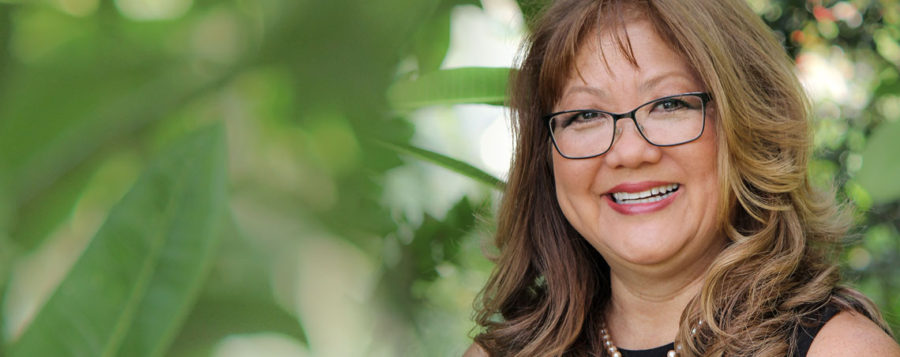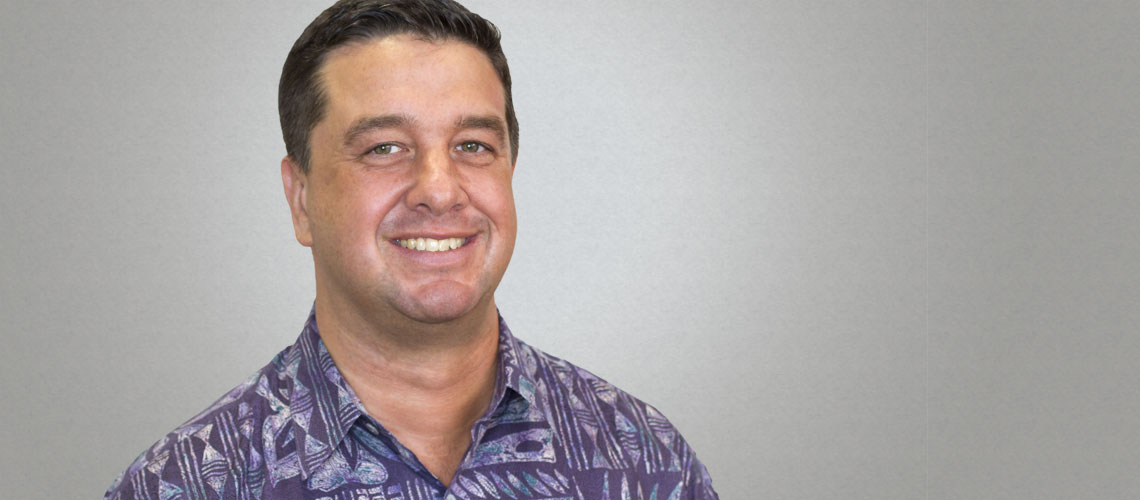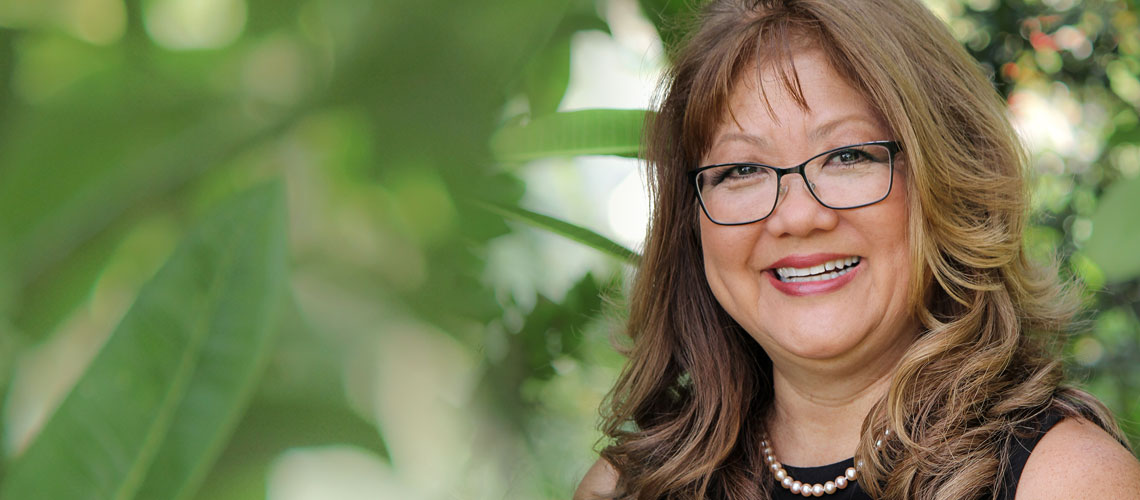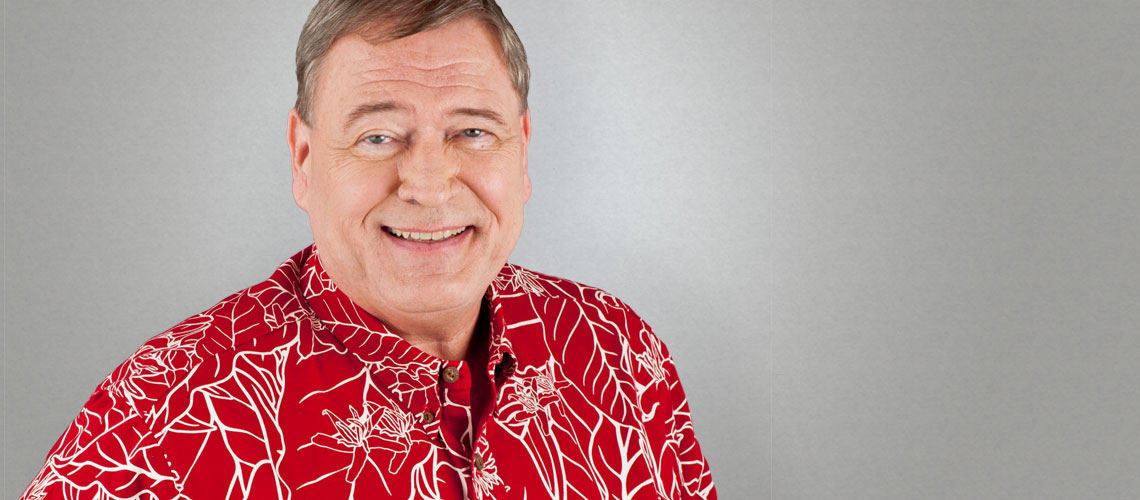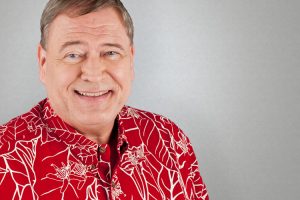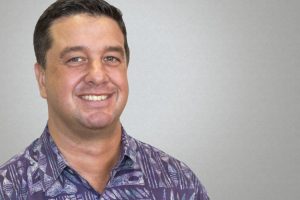How has the industry evolved since you started your career and how have you navigated those changes?
Searching for a phone booth to confirm directions for an out-of-office meeting, listening to cassette tapes of recorded meetings on a Walkman and sharing computers across multiple employees was the standard in 1990. That’s how we did business 30 years ago, right here in the same office. Today, analytics and the availability of mass information offer quicker and better decision-making, increased efficiency, improved understanding of patient and provider needs and cost-reduction opportunities. Advancements in technology have created new solutions like teledentistry, which has enabled oral health practitioners to expand their reach in the community, reducing barriers to care for those in more rural areas.
Being able to quickly adapt to these changing times and embrace new solutions has allowed our leadership team to position the company for the future. Imagining where the next generation of healthcare leaders will take us in the next several decades and beyond is truly exciting.
What are some of the challenges and opportunities that lie ahead for the dental industry?
Ensuring everyone in Hawai‘i has access to dental benefits and care continues to be one of the biggest challenges to improving Hawai‘i’s oral health. People skip visiting the dentist for a variety of reasons: fear, cost, time, lack of dental coverage and even because they don’t realize how important dental care is. A Hawai‘i Department of Health study, supported by our HDS Foundation, confirmed children in Hawai‘i have the highest prevalence of tooth decay in the nation, so being able to address the reasons why people don’t visit the dentist—even when they have insurance—remains a challenge.
The advancement of technology continues to change dentistry for the better as well as improve the customer experience. For instance, the rise in 3D resin printing is redefining custom dental solutions for patients, and not just when creating orthodontic appliances, such as braces and clear mouth aligner trays, but also for day-to-day general dentistry needs. Since this technology is available to the public, taking a do-it-yourself approach to adjusting the alignment of your teeth without the guidance of a professional has unfortunately been gaining popularity—sometimes producing unexpected and dangerous results. This is why elevating the value of receiving proper dental care is an opportunity to shift behavior towards safer and more effective methods of oral health management.
Despite new technologies and procedures, consumers will continue to look for higher quality services and a better integration of their dental and medical care.
“Some of the biggest moments in my career were the result of high-risk decisions that paid off with large rewards.”
What does it take to be an effective leader?
Communication. If you can’t communicate your vision, strategies and goals to your team, it’s almost impossible for them to understand your expectations and carry out your vision. Effective leadership means that you can communicate, facilitate and inspire your team to efficiently reach goals together. Leaders should be willing to share their ideas, mentor others and help everyone in the team grow and achieve their fullest potential. Allow individuals to be creative and take certain risks by experimenting. Listen, be open to new ideas and have an insatiable appetite to learn and grow.
What strengths do you bring to the table in your capacity as CFO, and how are they similar or different from prior leadership?
HDS was on the brink of closure when I joined almost 30 years ago. The leadership team and I had to make quick, difficult decisions to ensure the survival of the company—and that was just my first couple months on the job! Over the years, I’ve had to balance the organization’s need to be frugal and maintain affordable dental plans while inspiring our teams to do whatever it takes to grow the company into a thriving organization for the community. My curiosity and passion for solving problems have consistently led me down interesting paths. Now, as CFO, strategizing, brainstorming and forecasting have become crucial in my ability to find creative and effective solutions for the company.
What’s the most valuable lesson you’ve learned over the course of your career? The most difficult lesson?
The most valuable lesson I’ve learned throughout my career is to recognize, appreciate, support and reward the team. No matter what the project is, it’s important to recognize that we’re stronger together than we are individually. Cultivating my team to be flexible and willing to pitch in with whatever is necessary has enabled us to reach goals that we never thought were possible.
Another lesson I’ve learned is that being flexible and hiring skilled staff with strengths that balance my own weaknesses is crucial to developing an efficient, balanced and successful team.
We are like a family. We disagree like a family, we support each other like a family and we all know that we wouldn’t be able to accomplish what we have without each other.
Last but not least, although success will come with hard work and dedication, you must also find the ability to balance your career with taking time for yourself and your health. Block time out on your calendar to do something you love, and don’t check your emails or answer your phone while you’re doing it! Make memories with the ones you love and don’t talk about work at the dinner table. Simply put, find happiness and joy in something besides work. Even if you have to schedule it into your Outlook calendar, ensure that you make time to have fun, laugh and shed the stresses of the day.
What advice do you have for up-and-comers in the community? What can people do to get ahead?
Dream big, be willing to take risks and, above all, put your heart into everything. Don’t play it safe. Often, fear and pride cause people to make safe decisions, which can stunt growth. There are points in my tenure when we made some difficult decisions. Of course not every decision resulted in success, but learning from these failures ensured my future decisions were more informed, allowing me to pick myself up and move forward with even more passion. When I think about some of the biggest moments in my career, they were often the result of measured, high-risk decisions that paid off with large rewards. Be passionate about the work that you do—the recognition and rewards will soon follow.

